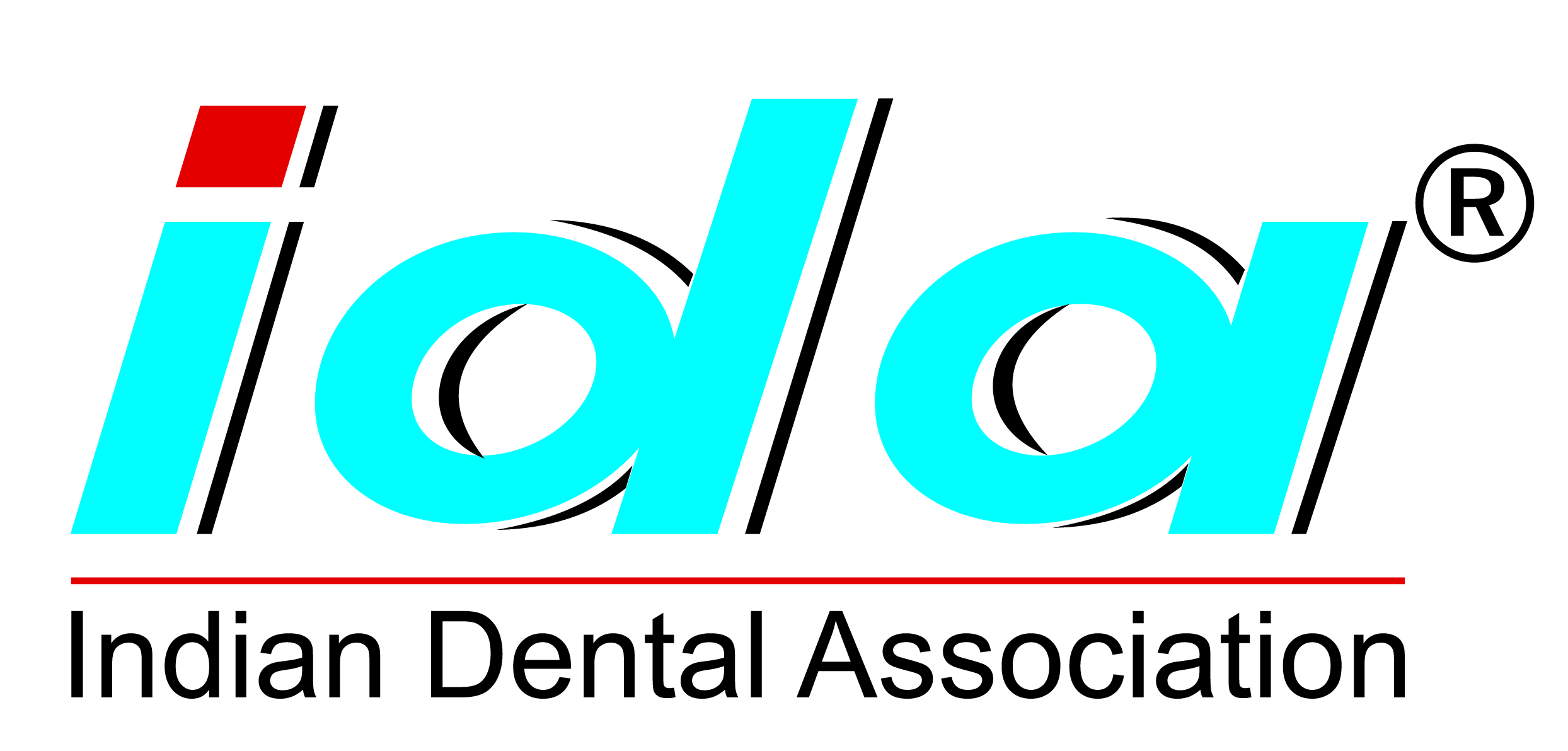The colour of teeth is the most important expression of oral health and beauty.
Therefore there has been an increase in interest in the treatment of tooth staining
and discolouration which has resulted in the large number of tooth whitening agents.
Some of these agents are sold as 'over-the-counter' products and application can
be done by the user.
The correct diagnosis for the cause of discolouration is important as it effects
the treatment outcomes. The dentist must have an understanding of the etiology of
tooth discolouration for a proper diagnosis and treatment. Depending upon the degree
of staining the treatment modalities vary.
Tooth bleaching can be a good first step for treating certain kinds of dental staining
problems. It is usually reserved for a mild, uniform, discolouration of the teeth.
The bleach oxidizes the organic pigments in the tooth, breaking down the long- chain
stain molecules.
|
TREATMENT
|
ACTIVE AGENT
|
INDICATIONS FOR USE
|
POTENTIAL PROBLEMS
|
|
In- Clinic Vital Bleaching
|
Hydrogen peroxide 30- 38% is applied directly on the teeth. A special light may
also be used to accelerate the whitening process
|
When there are only a few discoloured teeth.
|
Temporary tooth sensitivity. Gingival irritation.
|
|
Overnight Vital Bleaching at home
|
Carbamide peroxide 10% is used in a custom tray.
|
When there are multiple discoloured teeth. Effective for yellow, orange, or light-brown
discolouration in primary and permanent teeth.
|
Temporary tooth sensitivity in 55-75% of cases.
|
|
Whitening Strips For use at home
|
Hydrogen peroxide 6.5% or 14% is delivered via a thin, flexible polyethylene strip.
|
Multiple discoloured teeth. Works slightly better on upper than lower teeth.
|
Temporary tooth sensitivity and oral tissue irritation.
|
Deep internal dental stains are due to pulpal trauma, fluorosis, hypocalcification,
tetracycline, hereditary opalescent dentin, or mottled enamel and require more complex
treatment.
|
TREATMENT
|
ACTIVE AGENT
|
INDICATIONS FOR USE
|
POTENTIAL PROBLEMS
|
|
Etch, Bleach, and Seal technique
|
Phosphoric acid 37%, sodium hypochlorite 5%, and clear sealant.
|
Shallow yellow- brown enamel discolourations.
|
Does not remove stains which are deeper than a few tenths of a millimetre.
|
|
Microabrasion with Dental Bleaching
|
Abrasive slurry consisting of silicon carbide and hydrochloric acid 11%.
|
Isolated brown or white discolourations with shallow depth.
|
May not be able to remove the stain completely.
|
|
Composite Veneers and laminates
|
Dental composite.
|
Deep tetracycline stains.
|
A layer of enamel must first be removed from the surface of the tooth.
|
-
Avoid excessive fluoride use. You may want to find out the fluoride level in your
local water supply. It is important that we take fluorine into our body, however
too much can cause tooth discolouration.
-
Do not take drugs belonging to the tetracycline family if you are pregnant and do
not give it to children who are under eight years of age.
Good oral hygiene will help if the teeth are stained from a food or fluid or if
the abnormal color is the result of poor hygiene. Ensure that children are aware
of the importance of dental hygiene. They should brush their teeth twice a day and
this should be supervised to ensure that they are doing it properly. Most children
need help with brushing until they are around seven. Visit your dentist. thats the
thumb rule.
One cannot treat or cure discolouration on their own sitting at home. Only thing
that can be done is prevention. Through advances in dentistry in recent years and
various cosmetic treatments, discolouration can now be remedied.





